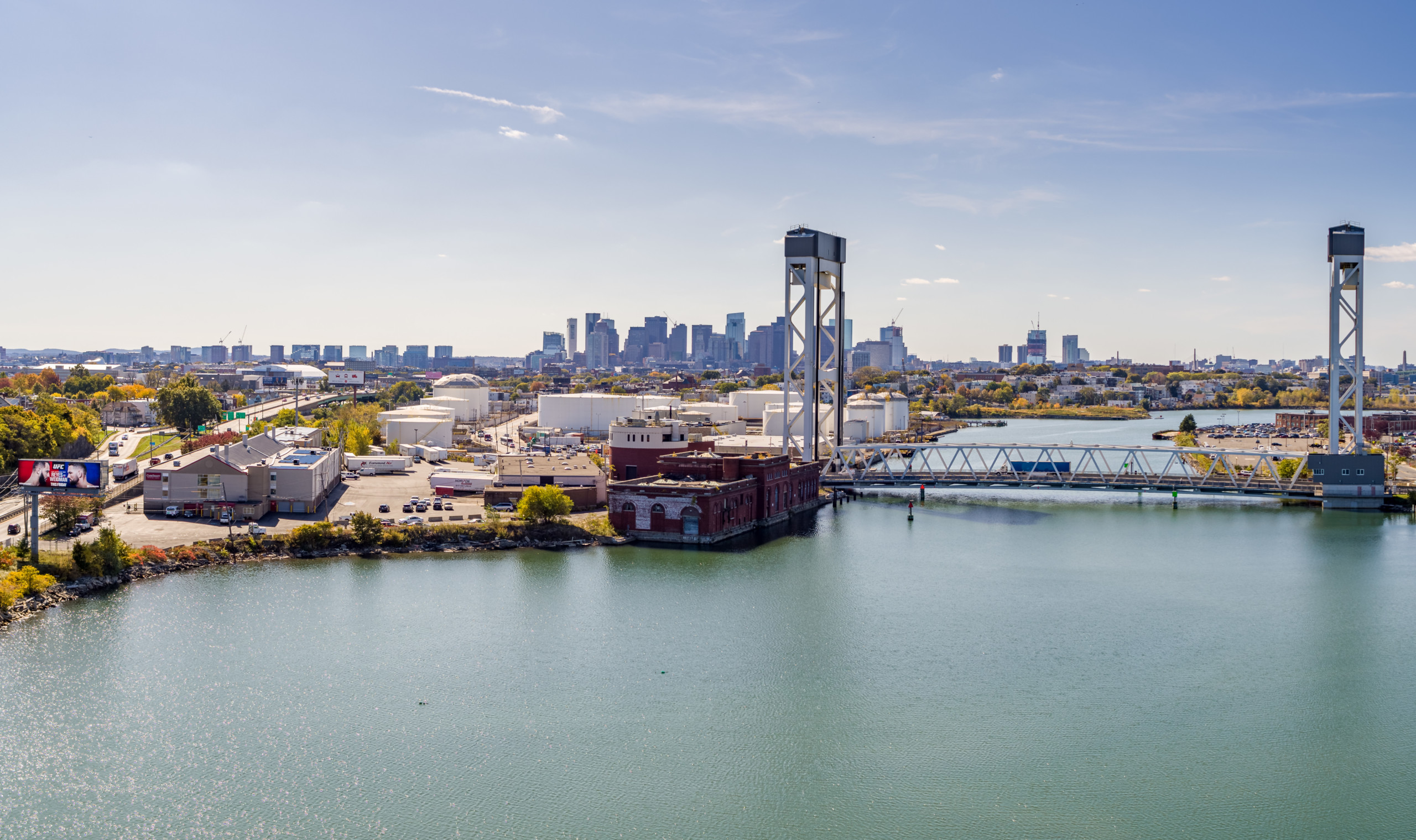Today, The Harborkeepers launched Vision Chelsea Creek: a six month-long visioning, planning, and stakeholder engagement process to re-imagine the abandoned MBTA / MassDOT-owned railway site along the industrial shoreline of lower Chelsea Creek in East Boston.
Aiming to solve for multiple coastal and urban challenges, this project is driven by a public-private partnership between The Harborkeepers (a local, grassroots coastal and resilience-building non-profit based in East Boston) and Cargo Ventures (a long-time East Boston land owner, abutter, and primary funder), in collaboration with SCAPE. The team is further supported by Utile, the Boston Society of Architecture and the Boston Society of Landscape Architecture.
Through a transparent, open community and stakeholder engagement process, the Vision Chelsea Creek team will work together to design and develop a comprehensive vision for the site, inclusive of various needs and priorities, and building on waterfront and open space advocacy; community aspirations; industry and maritime uses; and the needs of municipal stakeholders.
Overall, Vision Chelsea Creek will assess opportunities for ecological shoreline restoration and stabilization; equitable access; transportation mitigation; historic preservation; and industrial re-use. This six-month-long process will culminate in a pilot ‘catalyst’ project proposal that will provide insight into the future implementation of the comprehensive vision.
To inform this detailed technical analysis with the lived experience, aspirations, and needs of community members and stakeholders, the Vision Chelsea Creek team will explore virtual stakeholder engagement tools that adhere to social distancing and public health guidelines during the COVID-19 crisis – especially given the acute status of the virus in East Boston communities. These sessions may include a series of design charrettes; virtual site tours; and digital stakeholder workshops with community groups and organizations.
Communities in East Boston and Chelsea have historically been underserved by waterfront and open space access, and deferred transportation projects that could increase safety and connectivity along Route 1A and across the Creek. A crucial part of Vision Chelsea Creek will be setting the stage for more inclusive community engagement practices that address these concerns while strictly adhering to the public health requirements advised by the Centers for Disease Control and Prevention (CDC) and the City of Boston.
To get involved and stay informed on Vision Chelsea Creek as it develops, sign up for updates and submit inquiries on the project website:
www.harborkeepers.org/vision-chelsea-creek
For more information, contact contact Magdalena Ayed (Founder and Director, The Harborkeepers) at [email protected].
Photo: Handel Architects

